In this article, I discuss habits to help you or someone you know address issues with substance use and other addictions.
In my continuing series on habits, I now turn to habits to help people address addictions including substance use (alcohol and drugs) along with gambling, shopping and sex, among others. If you are struggling with an addiction, you may feel at times that you have no control over your urges. In fact, there are many habits you can cultivate which will help you gain confidence in your ability to manage your urges to engage in addictive behaviours. In the following sections, I will discuss these habits which are rooted in cognitive behavioural therapy (CBT).
Behavioural habits for addressing addictions
One behavioural habit for addressing addictions is to steer clear of high-risk situations and activities as much as possible. High risk situations are those which make it more likely you will engage in the addictive behaviour.
These situations including being around certain people (such as friends who engage in addictive behaviours) or, in some instances, being by yourself. They can also include being in certain settings (such as an alcoholic attending parties or frequenting bars) or certain times of day. Finally, engaging in certain activities may make it more likely you will engage in addictive behaviours. For example, using the computer might be a high-risk activity for someone addicted to viewing pornography.
Once you have identified these high-risk situations and activities, if possible it is good at least initially to avoid them until you have developed skills to manage your urges to engage in addictive behaviours. Instead, try to spend most of your time in situations and doing activities which are not high risk for you. For example, someone with a drug addiction might be wise to try to spend much of their time with people who do not use drugs and in activities such as exercise and reading in which they are less likely to experience urges to use.
An additional habit to cultivate is one you can use when you find yourself in a high-risk situation or engaging in a high-risk activity. In these instances, you can practice moving to a low-risk situation or activity. For example, if being at home alone doing nothing is high-risk, you could call a friend or family member to ask them to go for coffee with you. This will give you confidence that being in high-risk situations and engaging in high-risk activities do not inevitably lead to you engaging in addictive behaviours.
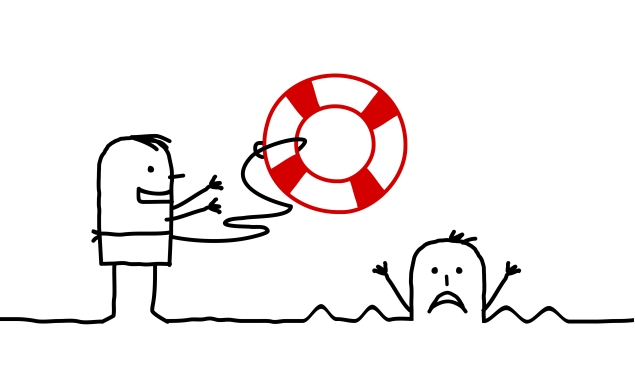
Cognitive habits for addressing addictions
Various cognitive habits help you use thinking skills to address your addiction. These include the following:
1. Challenging permission-giving thoughts. Permission-giving thoughts give you the green light to choose to engage in addictive behaviours. Preparing responses to refute these will make it more likely that you will choose to refrain from these behaviours. For example, a challenge to the thought, “I’ve had a hard day and deserve to relax by gambling” might be, “It’s true that I deserve to relax but I can do that in ways which won’t cause the harm to me and my family which happens when I gamble.”
2. Changing your thinking regarding your perceived inability to manage urges. People with addictions often believe they have no ability to manage their urges to use. The result is that as soon as an urge arises, they give into it. Experiments in which you practice ‘riding out’ urges until they subside will help you move toward thinking in which you believe that although urges may be somewhat uncomfortable, you can ride them out without having to act on them.
3. Becoming more aware of the benefits of staying on track and the disadvantages of engaging in the addictive behaviour. People often engage in addictive behaviours because they focus on the immediate benefits of those behaviours (such as the taste and relaxing effects of a drink). At these times, typically they are not thinking of the downsides of these behaviours (such as damage to their career and relationships) and, in turn, the benefits of refraining from acting on their urges. Increasing your awareness of the downsides of your addictive behaviours and the benefits of refraining from them will make it more likely you make the choice to stay on track when you have urges to use.
You may find it helpful to receive some guidance in implementing these habits for addressing substance use and other addictions by meeting with a psychologist who specializes in CBT. I help my clients in substance use counselling and addiction counselling learn and practice these and other skills in my work as a Calgary psychologist and a Cochrane psychologist.
May you practice habits to address whatever addictions you may have,
-Dr. Pat

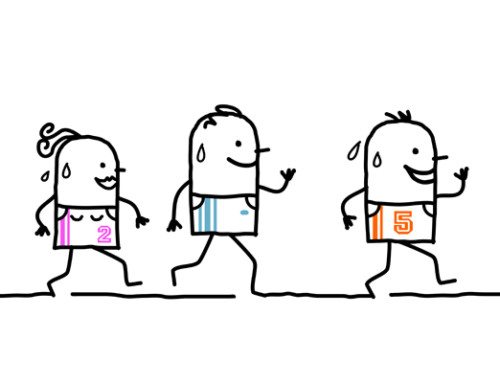
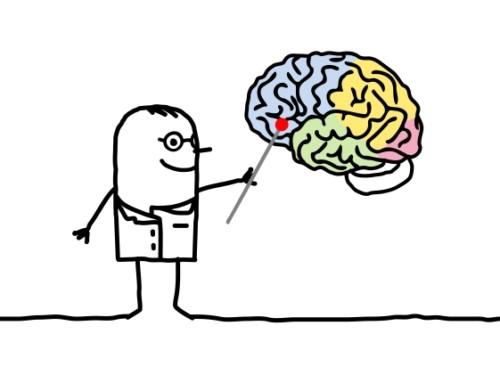
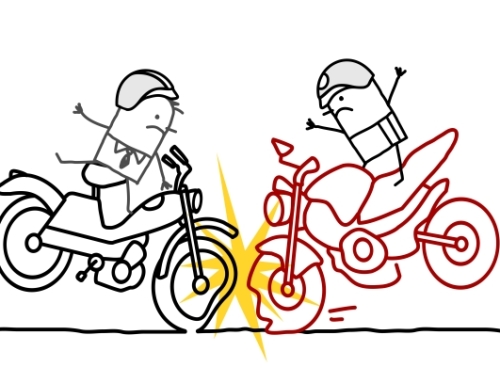
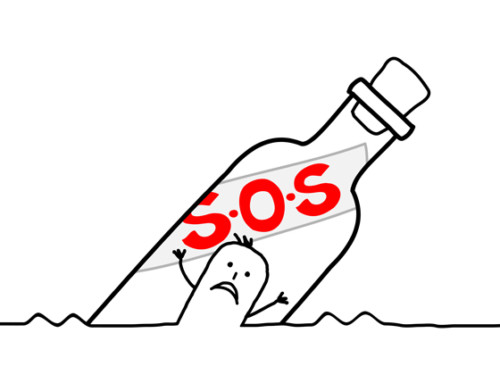
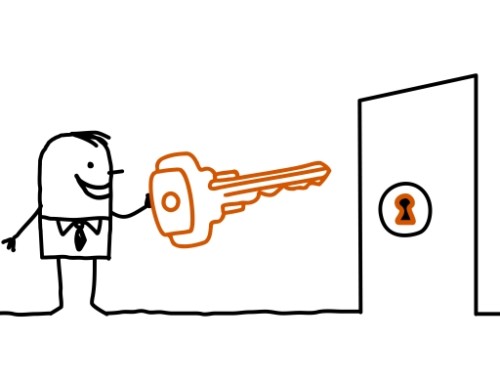
Leave A Comment